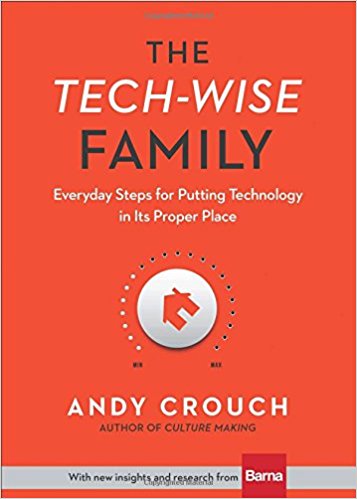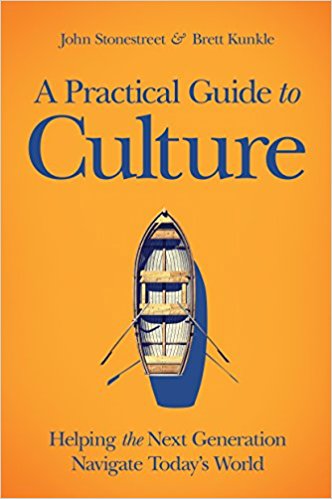Worldview is developed between the ages of 18 months and 13 years. According to George Barna in a recent interview, by the time a teenager is 13 or 14, it’s done. He says it may be refined a bit through the teen years, but by one’s 20s, not only is worldview solid, but most people become an evangelist for their view. While drastic life changes do happen, this is the norm.
When I heard Barna report these findings, my first reaction was to freak out a bit. I have a daughter who’s 20 and one who’s 14. If we didn’t do a good job shaping their worldview, it’s too late. We’ve got a little more time with the younger two who are 10 and 11, so we’d better get on it.
What or Who Shapes Worldview?
Worldview is the philosophy that creates our very culture. If we only have 13 years to form the next generation, it’s imperative that we know how it happens. Barna says there are three dominant influencers when it comes to shaping worldview:
Parents are the primary shapers. While not surprising, this is terrifying. We moms and dads clearly have the most power when it comes to shaping our children’s ideas, morals, faith, and views of how the world does and should operate. I agree with Barna when he says that our children are our greatest legacy—they are our most valuable contribution to the world. The best gift we can give our kids is to help them to think biblically. But this will not happen by chance.
Barna says, strikingly, that only 4% of millennials have a biblical worldview. Therefore, 4% or fewer of the next generation will have a biblical worldview. This statistic is a strong call to the church to walk alongside young parents and equip them to equip their kids. Young parents need friends and leaders who are a season ahead to encourage them in their instruction of their children. And it seems that perhaps many church programs need to be turned upside down—theological training is typically reserved for the adults, but according to these statistics, we need to be imparting it to the children. And fast.
The second dominant influencer when it comes to shaping worldview is the media. Barna says that kids are exposed to an average of 16,000 hours of media by the time they graduate from high school—that’s almost two years, by the way. Barna says media is powerful because visual images lodge themselves in our kids’ hearts forever. The subtle messages on the screen subversively shape their worldview. I agree with Barna when he says parents must monitor media, mediate its messages, and minimize it.
The final dominant factor in shaping worldview is the law of the land. If the government says it’s allowable, young hearts view it as acceptable and if it’s illegal then the opposite is true. Laws matter in the shaping of the next generation’s ideas of right and wrong. For Christians, this is a clear call to civic engagement. Turns out, you can legislate morality.
Barna’s findings light a fire under me to dig in and stay invested in the forming of my daughters’ worldview. It will be shaped with or without me. I have an immense and joyful responsibility to steward their minds and hearts in the few precious years left to do so. May we, moms and dads, dig in and do right by them, equipping them to walk rightly in the years to come.
So What Can We Do?
My one encouragement to parents is to stay educated on worldview matters yourself and then converse about them with your kids everyday. One of my favorite ways to do this is to listen to a few different podcasts each day while I’m in the car or doing chores. These podcasts highlight current events and interpret them from a biblical worldview, which I may then share naturally over dinner or on the way to piano lessons. I think once kids are about 10 years old, they can start listening with you. Another helpful tool is subscribing to World Magazine—they offer both print magazines and online stories and activities designed for kids of all ages to “read news accounts and other information critically, to sift for the truth, and to relate knowledge and biblical wisdom to daily life.” Lastly, there are many good books that will be helpful in imparting a solid worldview to your kids. I've listed a few ideas below.











